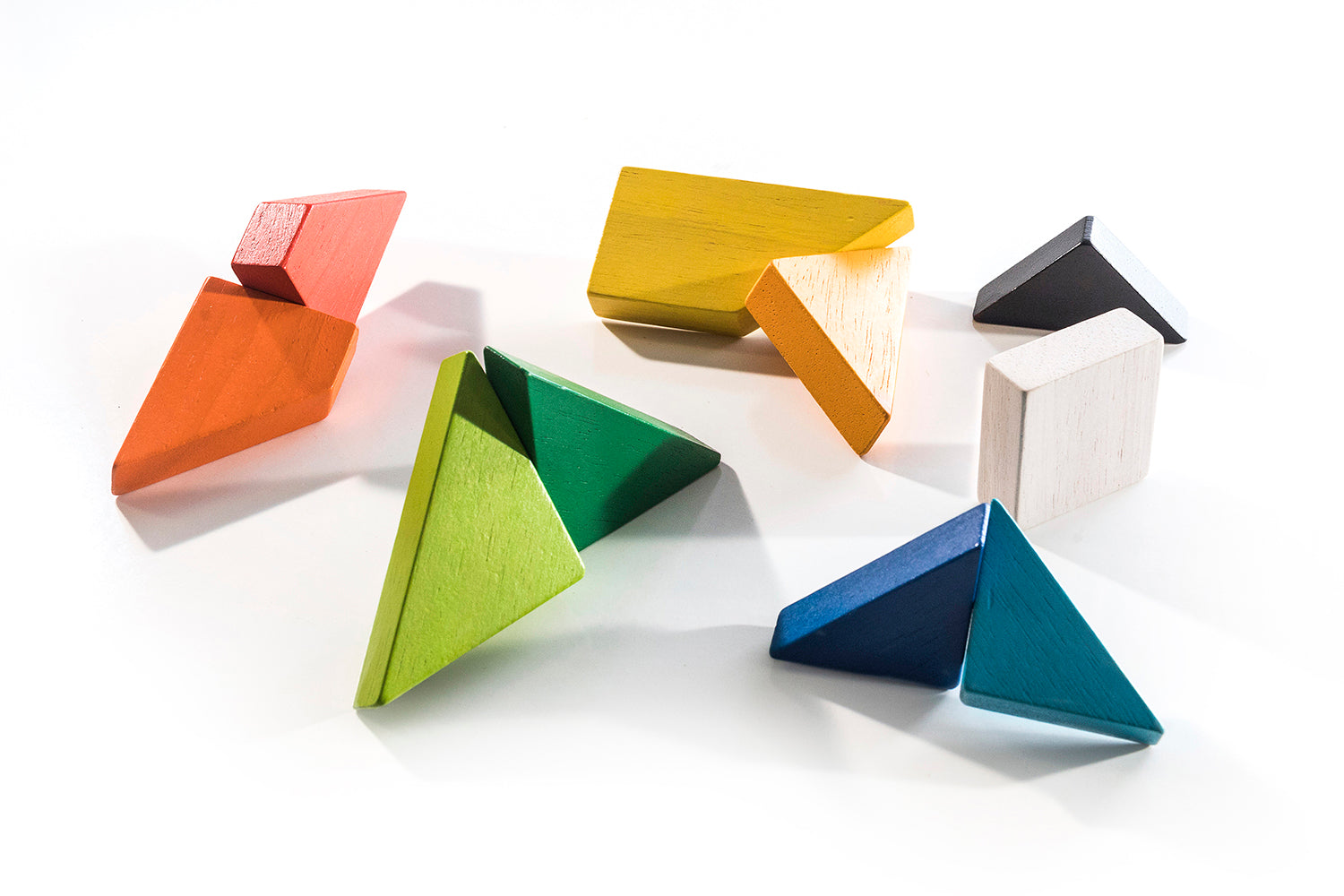A child’s growth is an exciting process for any parent or guardian. We all derive joy from watching our children grow and learn new things as they progress. It is very vital to understand a child’s developmental stages so we can appropriately support them where we can.
A lot of studies have been done to understand how children grow and absorb new concepts and skills during their early years. One of the most popular of these studies is the Montessori Stages of Development for Early Learning.
What are the Montessori Stages of Development?
These are merely periods of a child’s growth also known as planes of development that were developed by Maria Montessori. She was a renowned Italian educator who developed a lot of educational methods focused on the natural learning process of children.
Discussed below are the sensitive developmental periods of children and the age in which they occur as documented by Maria Montessori.
0-6 Months Old - Active Learning
This is the most dramatic stage in a child’s growth. From birth, children begin learning activities and are eager to understand the world around them. They develop what the Montessorians refer to as an Absorbent Mind which prepares them to learn and adapt to the new environment.
This makes the first plane of development a unique one with most changes becoming prevalent at this stage. These include Movement, Emotional Control and Math Patterns.
These means that as children slowly but steadily learn to use their bodies for movement, they will also be developing cognitive abilities.
As a parent, it is crucial that you set up an appropriate environment for your child during this stage. Remember that they will be using their absorbent mind to ‘shape’ the kind of person they will become later on in life.
It is also during this stage that the children will be developing their mathematical abilities majorly by the use of their hands. They do this by manipulating materials they come across by sorting, stacking or making random sequences. Toys such as the Sort & Count set and Stacking Ring Toy can greatly help children when it comes to sorting. A set of colorful wooden tiles of numbers would also be a great introduction for the world of numbers and fun to learn how to play around with numbers.
Emotional control develops when the baby starts connecting with their parents and primary caregivers. They learn to communicate and socialize with the people around them.
6 Months to 1 Year - Children Become More Orderly
During this stage, children start developing a conscience and become more intelligent. Subsequently, they begin realizing that they need to be orderly. They do not show it in a way that parents or caregivers can decipher, but it is there within them.
The ingrained need for an order usually starts at around six months to 3 years. Scientists have shown that humans are psychologically tuned to crave order from a very young age.
Children at this stage value order so much that if you do anything to disrupt it, they may become frustrated. They create order by observing adults around them and learning to differentiate wrong from right. That is why it is vital that we help them cultivate strong morals by being good role models.
1 Year to 3 Years - Affinity for Small Objects
Young children learn mostly to learn by using their hands. At this stage, their hands become more active and they benefit from guidance and supervision. This is because they begin to develop a keen interest in small objects.
The ability to move smoothly and develop solid motor control is honed during this plane of development. That is why in as much as it is vital to ensure that the wrong objects do not end up in their mouths, it is also crucial that you allow children at this stage to fully explore their surroundings.
They will start to develop their grasp power which will later come in handy during such activities as writing. There are a lot of tools like a set of blocks or the Sort & Count set which can help keep them engaged at this stage.
It is also during this stage that children start understanding sounds and saying their first words. Their vocabulary develops over time and hits articulacy at around four years.
3 Years to 6 Years - Interest in Music Reading and Writing
Music
From three years onwards, children begin developing a particular interest in music. For any parent, this makes for an exhilarating adventure. What could be more fulfilling than watching our kids respond to the sweet melodies of music?
During this period, young children will start absorbing certain musical aspects like pitch, rhythm, and melody. They will also experience more emotional growth which strengthens their connections with other people and helps to develop their communication skills.
You might wonder why developing an affiliation to music is essential for your child’s growth. The thing is, music dramatically helps to improve the cognitive abilities of the child. And as their brain develops so will their academic skills and social relations.
Tools like Xylophone can significantly help them develop their musical tastes better.
Reading and Writing
As we have already pointed out, children mostly learn by using their hands. It would seem that the hands play a very pivotal role in the child’s physical and cognitive development in almost each of these stages.
The child will begin developing an interest in letter shapes and sounds. You will notice them tracing letters and surprisingly understanding the correlation between sounds and shapes.
After this their reading and writing abilities will gradually begin to develop and advance significantly between the age of 4 and five years old, this is where tools like the wooden tiles set of the alphabet come in handy.
The Montessori stages of development make for a very crucial tool for any parent or caregiver looking to understand their children. Understanding how they grow and acquire new skills and talents, you can give them the support they need to learn and thrive.
How do you support your child's development? Are there any tips you like to share? Please, feel free to leave a comment. We would love to hear what you have to say.









